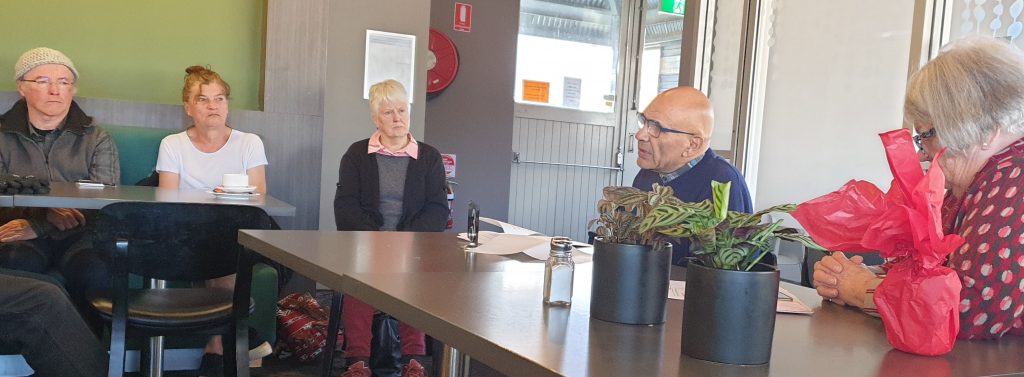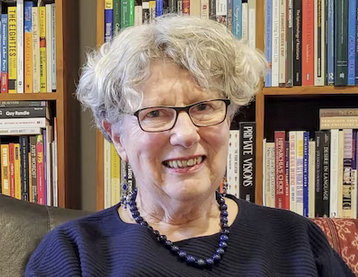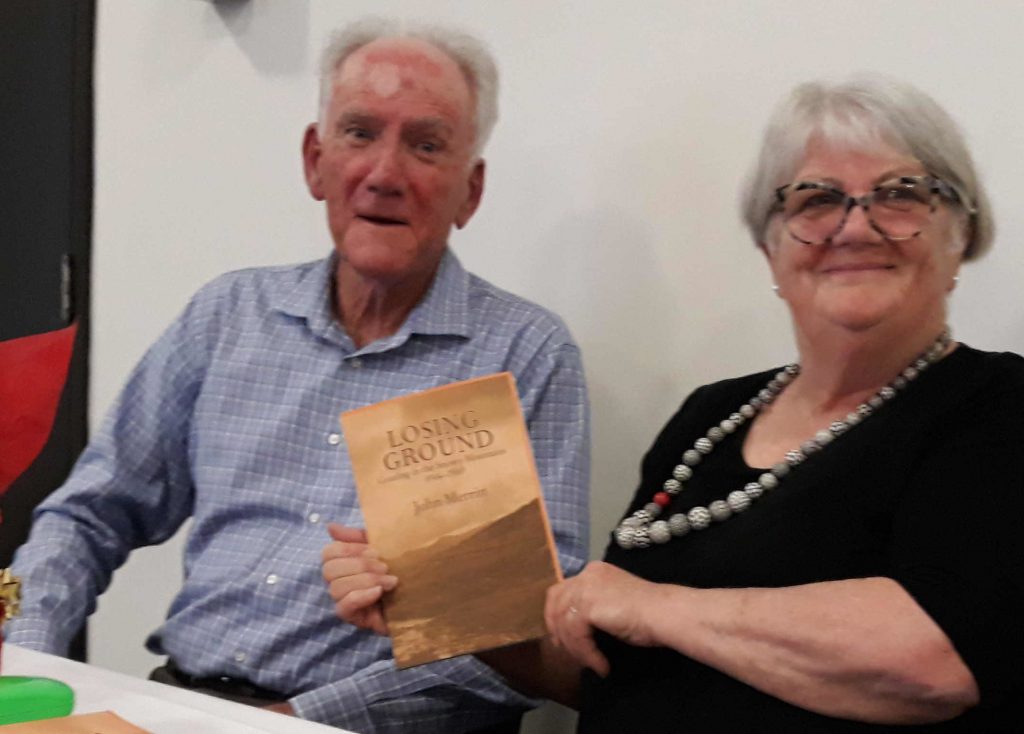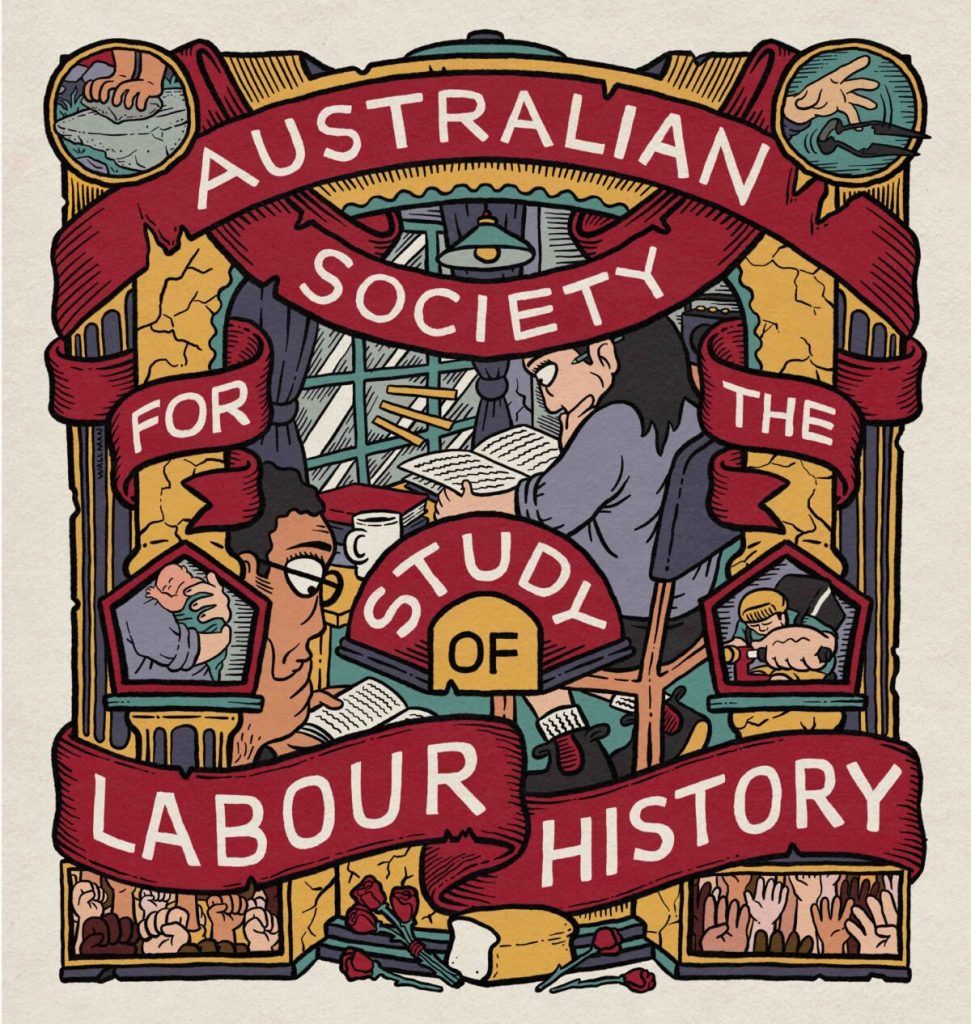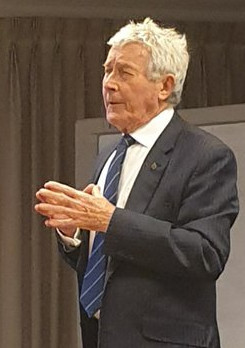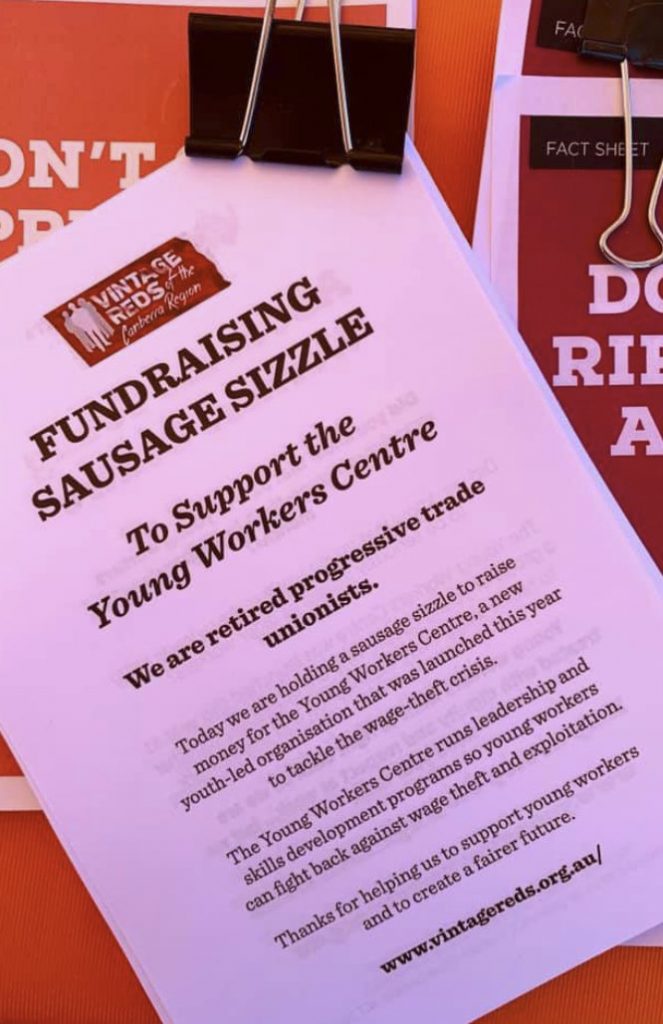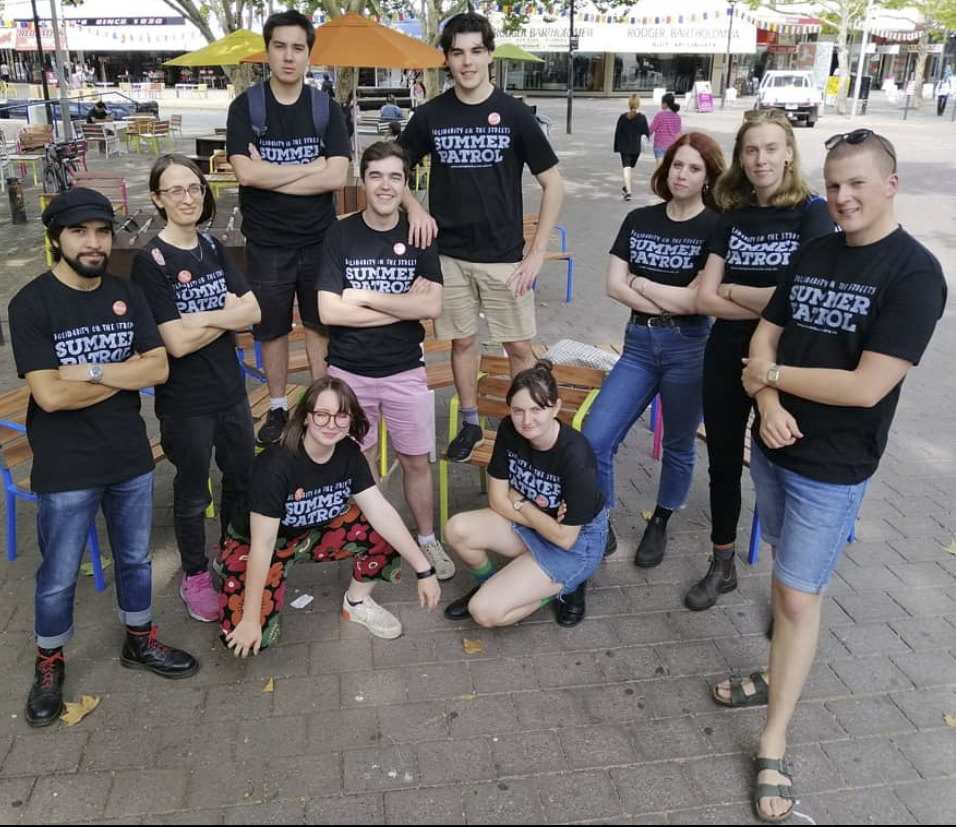Jane welcomed Matthew Harrison (Secretary, UnionsACT) who spoke on Injured Workers.
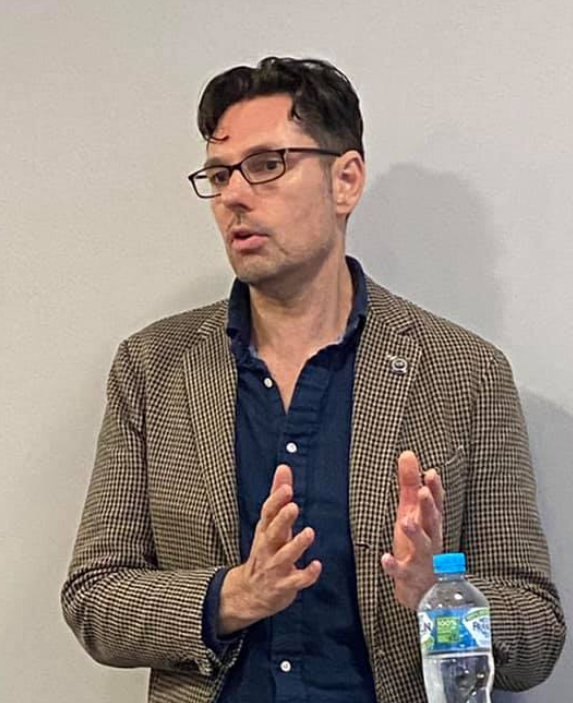
Matt started with an overview of occupational health and safety (OH&S), a very important part of the union movement. Unfortunately the data don’t give a good picture of what’s happening. Bosses are still behaving badly and putting profits before people’s welfare. The data are hard to find, and hard to line up to make use of. [Jane: Worksafe Australia used to keep data.]
The most recent data come from 2019. Only deaths at work are counted; not deaths to and from work, or by natural causes at work, including cancers or suicide (a particular concern of the CPSU). Most deaths are men, and blue collar jobs predominate. The age group most at risk is 55-64, followed by 45-54. There were no workplace deaths in the ACT in 2019; some since. Nationally there were 43 deaths. The NT and Tasmania have low rates; NSW has the most.
Transport is the area with most deaths (including postal workers and warehousing); vehicles in general were a huge source of injuries and deaths.
There are big holes in the system: people are scared to report an injury; people are told by their boss that a report would prevent promotion; non-English-speaking people are oblivious to risk they can’t read about; there are bad OH&S practices everywhere. Injuries which keep people from work less than 5 days are not reported; but this can be a serious injury all the same. And mental stress is of course extremely under-reported.
Continue reading
